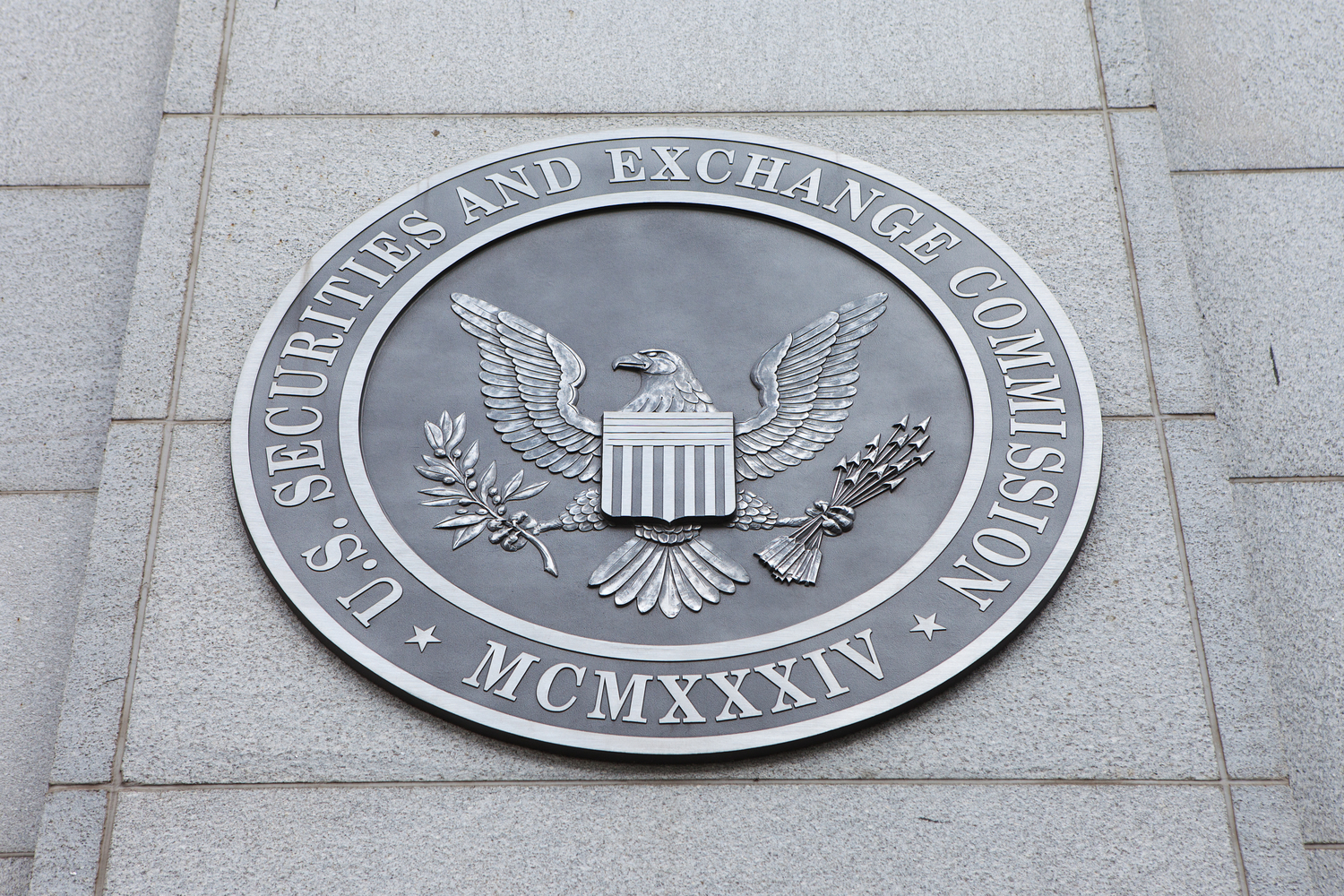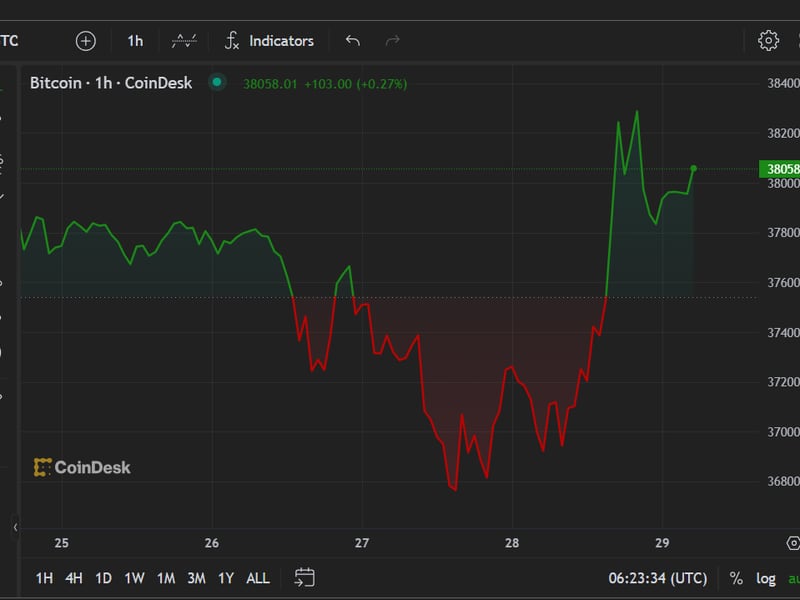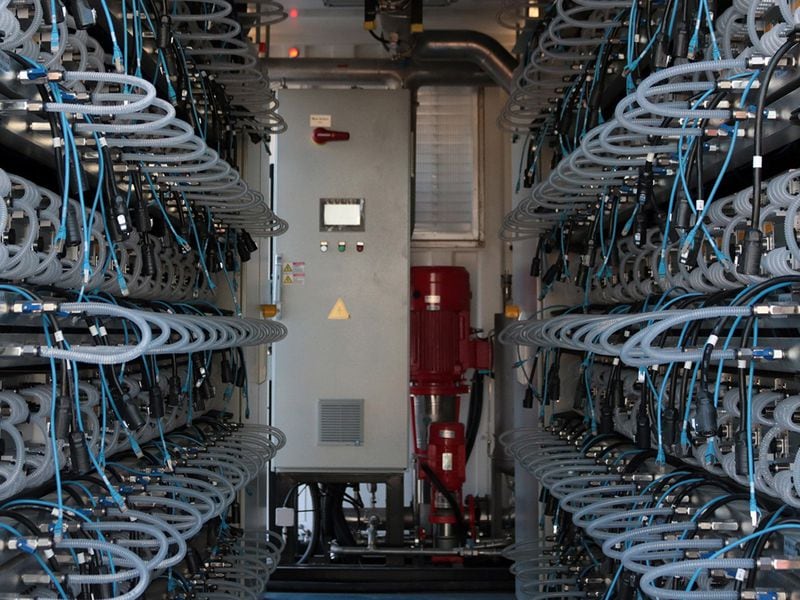Layer 2 Network Optimism to Use Ethereum Attestation Service to Promote User Trust
:format(jpg)/s3.amazonaws.com/arc-authors/coindesk/dcfcc5f4-a693-418d-a529-bb8e772f39d1.png)
Elizabeth Napolitano is a news reporter at CoinDesk.
Optimism, an Ethereum-based layer-2 blockchain, will use Ethereum Attestation Service (EAS), an on-chain attestation protocol, that will enable users to assess the trustworthiness of the platform’s users and vouch for whether something actually happened on the blockchain, as per a release sent to CoinDesk.
This could promote fairer OP token distribution and community voting systems on Optimism.
Any Optimism user can use the technology to attest to information that they believe is accurate, such as whether a person built, or contributed to, a particular project, whether an individual makes profitable trades or not, and more.
EAS’s launch aims to enable Optimism users’ to allow them to verify on-chain content that could sway how the platform’s native OP tokens are distributed and how users interact with one another more broadly.
“We’re trying to be a base layer where identity platforms can exist, where supply chain companies can attest to supply movements, and provenance, where governments can attest to land registries and entities can vote,” EAS Co-founder and Chief Technology Officer Steve Dakh told CoinDesk.
The team said the technology will allow developers to create innovative identity products across Optimism, and other networks such as Base, Polygon, and Ethereum.
Such a service could include products such as an aggregated rating system for DeFi users’ reputations that could assign an individual a reputation score based on other users’ attestations of their interactions with that individual.
The technology can also support the work of the Optimism Collective, an entity that rewards the ecosystem’s contributors with crypto, by providing the group with the information it needs to distribute OP tokens to community members who have positively contributed to the blockchain, Zain Bacchus, senior product manager of ecosystem at OP Labs, told CoinDesk.
This will incentivize developers to build critical infrastructure on Optimism and pursue other projects that improve users’ experiences within the ecosystem.
“People in the Optimism Collective have been kind of trying to figure out, ‘hey, how do we actually identify one person — and not just like any person, but like a positive contributor to the space — to give these tokens to’ and that’s when we started experimenting with attestations,” Bacchus said.
Using EAS, users can also post a publicly accessible, on-chain record of how the collective distributes tokens. This could allow on-chain analysts to more easily understand who is receiving OP tokens and for what purpose, promoting transparency across the entire ecosystem.
Edited by Shaurya Malwa.
DISCLOSURE
Please note that our
privacy policy,
terms of use,
cookies,
and
do not sell my personal information
has been updated
.
The leader in news and information on cryptocurrency, digital assets and the future of money, CoinDesk is a media outlet that strives for the highest journalistic standards and abides by a
strict set of editorial policies.
CoinDesk is an independent operating subsidiary of
Digital Currency Group,
which invests in
cryptocurrencies
and blockchain
startups.
As part of their compensation, certain CoinDesk employees, including editorial employees, may receive exposure to DCG equity in the form of
stock appreciation rights,
which vest over a multi-year period. CoinDesk journalists are not allowed to purchase stock outright in DCG
.
:format(jpg)/s3.amazonaws.com/arc-authors/coindesk/dcfcc5f4-a693-418d-a529-bb8e772f39d1.png)
Elizabeth Napolitano is a news reporter at CoinDesk.
Learn more about Consensus 2023, CoinDesk’s longest-running and most influential event that brings together all sides of crypto, blockchain and Web3. Head to consensus.coindesk.com to register and buy your pass now.
:format(jpg)/s3.amazonaws.com/arc-authors/coindesk/dcfcc5f4-a693-418d-a529-bb8e772f39d1.png)
Elizabeth Napolitano is a news reporter at CoinDesk.









